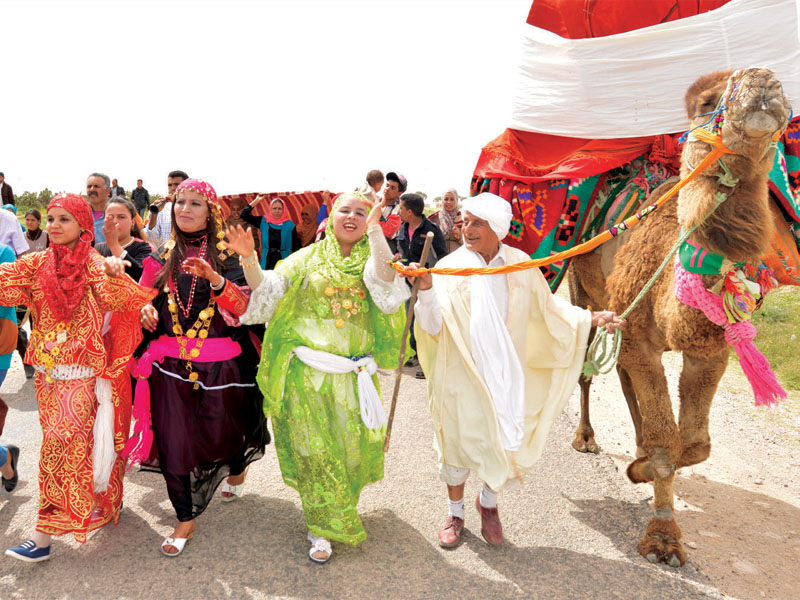Folk and elite cultures and their expressions and meanings: An ethno-musicological approach to folk song
Issue 39

The concepts of culture in general and of folk culture in particular have established differences between social classes.
Undoubtedly, each cultural pattern has its symbolic meaning, which proves its cultural peculiarity and its belonging to a certain group, so it cannot be considered as general. It is, instead, a network of cultural patterns in harmony with the social reality from which it emerges. These patterns are relevant to the collective conscience. Sometimes it is difficult to distinguish between the social and the cultural, and any attempt to do so may result in misleading conclusions about human behaviour.
Various fields such as history, sociology and linguistics intersect in the study of folk cultures. The majority of studies seek to analyse and understand folk culture and to define it according to the field’s own references and points of view.
Since folk culture is a part of a society’s general cultural scene, which is usually intellectually and historically complex, scholars differ as to the classification and definition of folk culture.
Folk culture is sometimes described as the culture of the population and, at other times, as Bedouin or working class culture, or as the culture of the masses. This illustrates the difficulty of finding one clear definition of folk culture, which makes it a challenging subject to discuss.
From the social point of view, discussions of ‘folk culture’ may lead us to a discussion of social classes. The first is ‘elite culture’, which some consider to be the focal point of culture and the culture of elite society. The second is folk culture, which is viewed as a marginal culture of ordinary people. However, according to the social sciences and ethnological studies, the difference between the two cultures is not clear, nor can there be any hierarchy in society.
The term ‘folk’ is associated with an important aspect of cultural production, such as folk arts, folklore and folk literature. But the real question here is what is meant by ‘folk’? Is the use of the term subject to social, cultural and class criteria, or is there a need to define folk culture as oral culture?
Folk culture is derived from material and oral traditions, myths, beliefs, arts and crafts, handicrafts, folktales, sayings, folk songs and folklore. Folk culture draws on the past, affects the present, and leads to the future where the old and the new mingle to ensure the continuity of people’s cultures.
Bedouin and rural societies are rich in forms of artistic expression such as poetry and singing, which are considered some of the main pillars of folk culture.
Folk song is affected by all the stages and historical developments that a society experiences, and it is rich in symbols and meanings. Folk songs address social, historical and cultural realities.
Folk songs also have important technical characteristics that can be described as perfect if perfection reflects the extent to which a technical composition is in integrity with the actual society, and if the song is able to fulfil its social function.







































































